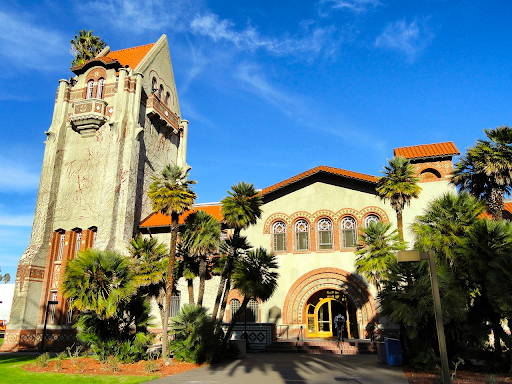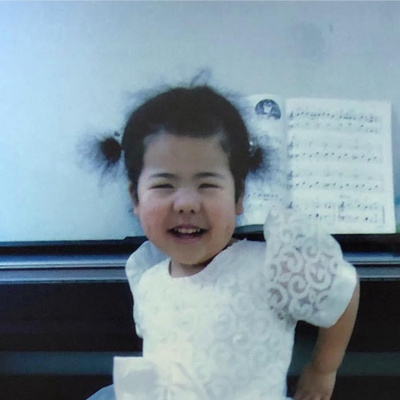An open letter to the minister of education, culture, sports, and technology
On May 27, 2015 Yuri H. (12) sent a handwritten letter in both Japanese and English to the Minister of Education, Culture Sports, and Technology concerning the limited opportunities for international school students within Japan to enrol in English courses in Japanese universities. An excerpt from the letter appears below.
Dear Minister Shimomura,
This is my final year studying in the International School of the Sacred Heart in Tokyo. I’ve lived here for 17 years, and I could not decide whether to study in Japan or abroad for university. While I was looking at universities abroad, I thought that I would like the opportunity to study in Tokyo, closer to home. Of the handful of Japanese colleges I could apply to, I noticed that hardly any university had a subject or curriculum offered in English suited to my interests, and those that had them did not allow me to apply. This is an issue that many international students have encountered here in Japan.
On April 22, 2015 there was a program on NHK Close-Up Gendai titled “How to Develop Global Talent”. The program mainly focused on the Top Global University project, a project that cultivates global talent of today’s students. As announced by Prime Minister Abe, the project aims to place at least ten Japanese universities amongst the top 100 global institutions by 2023. However, as of 2016, there are only two schools within the first 200: the University of Tokyo at 43rd place, and Kyoto University at 88th.
Both schools went down in their ranks this year; the University of Tokyo, “Todai”, was the best school in Asia on the Times University Rankings until it was overtaken by the National University of Singapore (26th) and Peking University (42nd) this year. The performance breakdown demonstrates that there isn’t much variation in the scores of “Teaching, Research, and Citations” of the top 3 schools in Asia. “International Outlook” is what makes the National University of Singapore stand out above others, setting a standard of 96.2%. Peking University is at 49.2%, and Todai is at 30.3%. Todai’s percentage has decreased by 2.1% this year, despite the continuous efforts by the government.
What could make Japan’s efforts to develop global talent and an international outlook more fruitful?
Universities must open doors to foreigners living in Japan. Most universities with English programs do not let many students from international schools in Japan apply. They believe they are “ineligible” because of their foreign passports or education they have received.
If students can pass the academic requirements for an English program in a Japanese university, why should these students be turned away? Maintaining the diversity of the international programs is important, but stripping students of their “eligibility” to apply will only discourage many suitable applicants. International students from within Japan can strengthen the community, creating a bridge between international students and Japanese students.
With Japan’s decreasing population, accepting more students should be in the financial interest of the universities. The bonus here is that accepting students from international schools in Japan can potentially improve academic standards, not weaken them.
While Japan is my home, the number of university courses available in English was so limited that I have chosen to study abroad in 2016. Many international school students here and abroad face similar dilemmas.
MEXT should pave the way to improvement by expanding educational opportunities available for international students living in Japan.
Sincerely,
Yuri H.











































